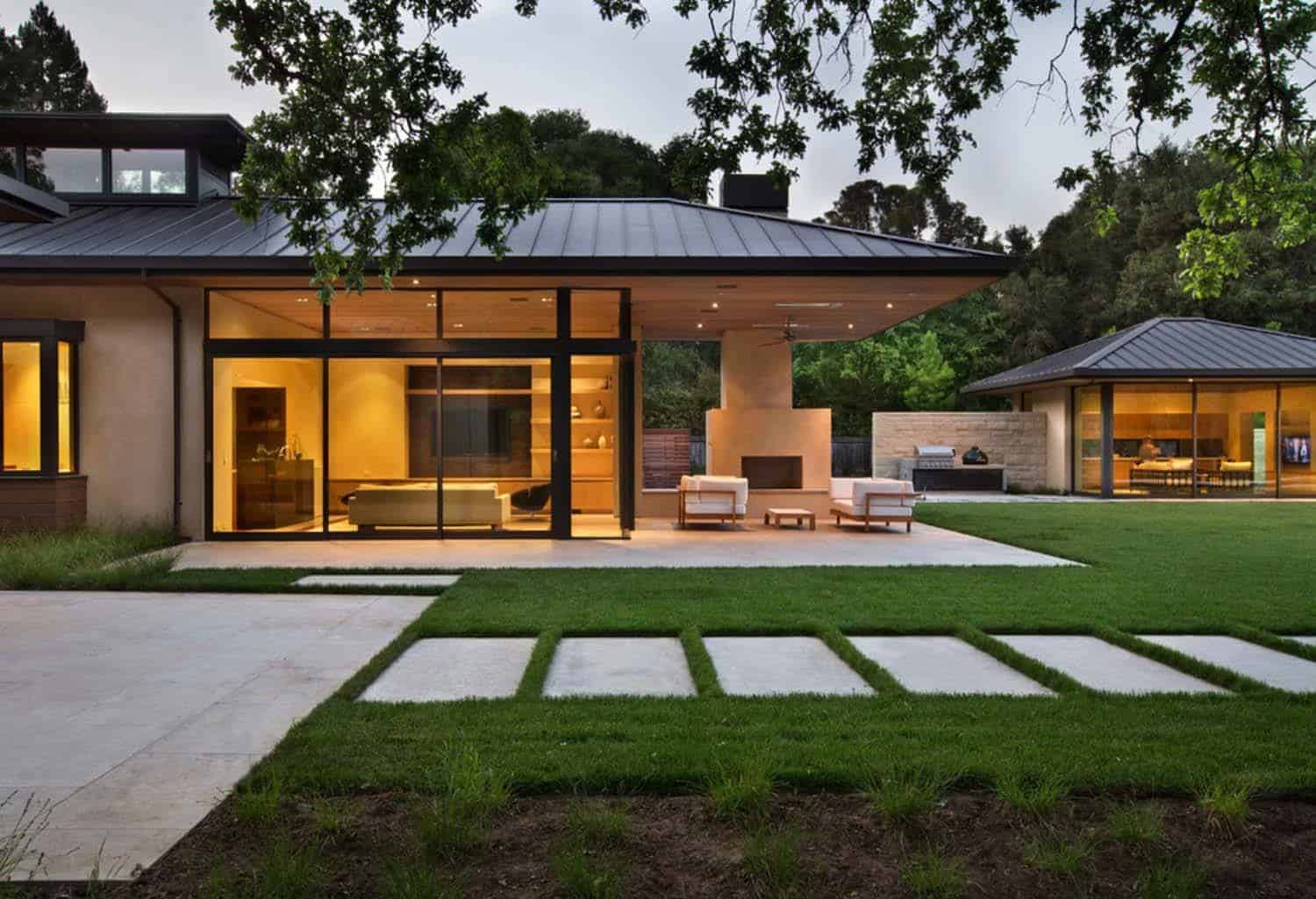Commercial concrete is a type of concrete that is used in the construction of commercial buildings. It is a mix of Portland cement, aggregate (sand, gravel, or crushed stone), water, and chemical admixtures. Commercial concrete is typically stronger and more durable than residential concrete. It is also designed to be more resistant to weathering, wear, and traffic.
What are the different types of commercial concrete in Utah and other states in the US?
There are many different types of commercial concrete, each with its own benefits and applications. Some of the most common types include:
Concrete that is pre-cast, or cast in place, is one of the most popular types of commercial concrete. It is typically made with Portland cement, water, and sand or gravel. It is then formed into shapes and cured in a mold before being transported to the job site.
Concrete that is pre-stressed is another type of commercial concrete. It is designed to be stronger and more durable than regular concrete. Pre-stressing involves adding steel or other materials to the concrete mix before it is cast. This makes it less likely to crack or crumble under stress.
What are the benefits of using commercial concrete?
There are many benefits of using commercial concrete, including:
- Commercial concrete is typically stronger and more durable than residential concrete. This means that it will last longer and require less maintenance over time.
- Commercial concrete is designed to be more resistant to weathering, wear, and traffic. This makes it an ideal choice for construction projects in areas that experience high levels of activity or weather extremes.
- Commercial concrete can be customized to meet the specific needs of a project. This includes choosing the right mix of ingredients and adding additives to create a unique finish.
What are the drawbacks of using commercial concrete?
There are some drawbacks to using commercial concrete, including:
- Commercial concrete is typically more expensive than residential concrete. This is because it is made with higher-quality ingredients and is designed to be more durable.
- Commercial concrete can be difficult to work with if you are not experienced. It is important to follow the instructions of your contractor or supplier to avoid problems.
What are the different applications for commercial concrete?
Commercial concrete can be used for a variety of construction projects, including:
- Foundations- Commercial concrete is often used for foundations because it is strong and durable. It can be cast in place or pre-cast to create a variety of shapes and sizes.
- Floors- Commercial concrete can be used for both indoor and outdoor floors. It is typically poured in place and then finished with a variety of treatments, such as staining, polishing, or sealing.
- Walls- Commercial concrete can be used for both load-bearing and non-load-bearing walls. It is typically cast in place and then finished with a variety of treatments, such as staining, painting, or wallpaper.
- Countertops- Commercial concrete can be used to create custom countertops. It is typically poured in place and then finished with a variety of treatments, such as staining, polishing, or sealing.
What are the different finishes for commercial concrete?
There are many different finishes that can be applied to commercial concrete, including:
- Staining- Concrete can be stained to create a unique look. This is a popular choice for floors, countertops, and other surfaces that will be visible.
- Polishing- Concrete can be polished to create a smooth, shiny surface. This is a popular choice for floors and countertops.
- Sealing- Concrete can be sealed to protect it from stains, scratches, and other damage. This is a popular choice for floors, countertops, and other surfaces that will be exposed to high traffic or weather extremes.










